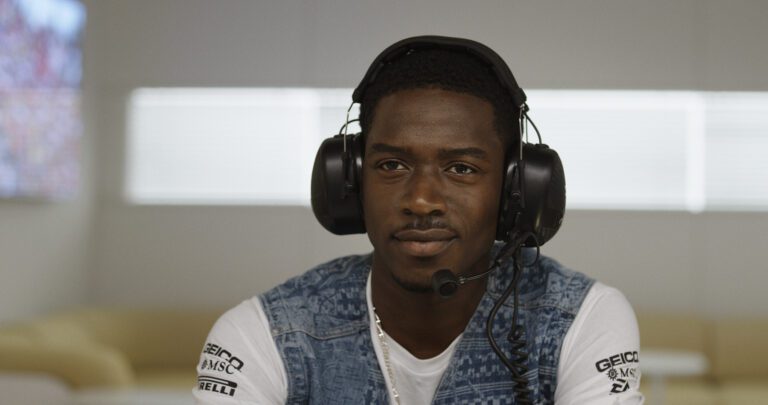Over the course of your acting career, you’ll likely work with hundreds of directors, each with their own creative approach. You’re bound to butt heads here and there. Working with a director you dislike (or worse–distrust) is a special kind of discomfort. But the fact is, you can’t always choose who you work with, and having strategies in place to ensure you’re able to do your best work regardless will serve you well. Here are a few to consider.
Practice Self-reflection.
Not the most fun answer, but definitely a necessary step. Before deciding on a course of action, ask yourself, what is it that bothers you so much, really? It’s possible they remind you of someone you worked with in the past, or something about the way they communicate triggers old wounds. Sometimes just naming what bothers you can help you find context and move on. If you’ve weeded out the is it me questions, ask yourself: Is there a change of behavior you can respectfully request that would make a difference? If so, find a way to approach it from an angle of collaboration rather than accusation. Maybe you just don’t speak the same language, and it’s a matter of finding common communicating ground.
Don’t dig in.
Stewing in your frustration helps no one. Venting to friends is one thing, but once you start fixating on the negative it’s easy to spiral into a place where all your walls are up and you’re unable to see anything positive the director might bring to the process. Try to keep an open mind. Coming to the work spoiling for a fight will quickly poison moral. You risk putting the director on the defensive, in which case you won’t get what you’re looking for anyway. If you can’t approach the working relationship with kindness and grace, at least strive for neutrality and acceptance.
Find an ally.
There are bound to be people in the process you trust. Perhaps your scene partner or the AD or stage manager. Leaning on the support of other creatives can help keep you grounded and maintaining perspective.
Pick your battles.
Not everything is worth the fight. Choose the ones you truly care about, the ones that will make a difference in the work. Advocate for those. Then find a way to let the rest go. It’s a collaboration, after all, you can’t (and shouldn’t) win them all. Just because you don’t trust the vision of the person at the helm doesn’t mean they’re always wrong. Find the places where there is room for compromise.
This does not apply if you are being asked to do something unsafe, or outside the scope of your contract, or in the event that the director is engaging in or encouraging abusive behavior. If that is the case, get your agent and/or manager on your side, document everything, and make sure the issue gets addressed.
Keep your eyes on your own paper.
Sometimes all you can do is your best. If you can’t work through your artistic differences, just focus on you. Go back to your training and trust that you are bringing your best to the table. Sometimes we have to give ourselves the support we wish we had from others.
Get perspective.
At the end of the day, it’s a job. Yes, it’s one that we care passionately about, but ultimately, no one’s lives are on the line (they shouldn’t be, at least). If you find yourself obsessing, try to pull back and ask yourself how much that particular grievance will really matter in the long run. If it’s not going to affect your career, your health or your mental state, try to let it go. Do your job and move on to the next project.
Looking to get your big break? Sign up or login to Casting Networks and land your next acting role today!
You may also like:













